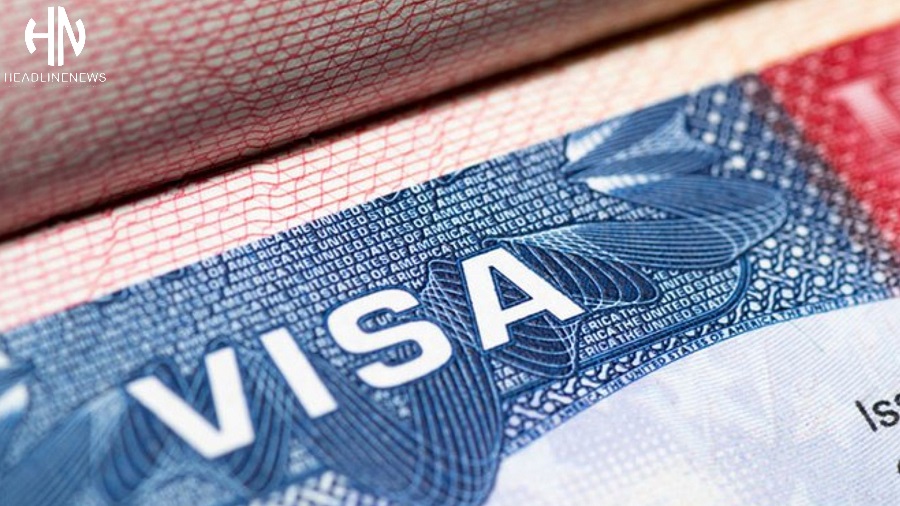WASHINGTON, July 16, 2025 — The cost of applying for a U.S. visa is about to increase significantly, as new fees are set to take effect at the beginning of 2026. Among the most talked-about additions is a controversial $250 “Visa Integrity Fee,” which has prompted confusion and concern over its application and refund process.
The fee changes will impact several categories, including visitor (B1/B2), business, student, and exchange visas (F, J, M), making the U.S. visa process one of the most expensive in the world.

Key Changes in 2026:
-
Standard Visa Fee: Remains $185
-
New Visa Integrity Fee: $250, non-refundable if denied; refundable only after the traveler returns home and submits a refund request
-
I-94 Fee: An additional fee is charged upon arrival in the U.S. (amount yet to be specified)
-
ESTA Fee (for eligible countries): Increased from $21 to $40

Confusion Over Application
There is still uncertainty about how the Visa Integrity Fee will be enforced. According to the bill, the fee appears to only apply when a visa is issued, not at the point of application, contrary to how some media outlets initially reported it. Others had suggested it would be charged to all applicants regardless of outcome, but sources close to the process indicate more guidance from the State Department is forthcoming.
A social media post by an immigration analyst noted, “It appears the Visa Integrity Fee, as written in the bill, only applies when they issue the visa. Other media outlets have reported it differently. I honestly don’t know but will wait for more State Dept guidance.”

Public and Expert Reactions
The new fees have sparked debate, particularly because the Visa Integrity Fee is only refundable after a traveler exits the U.S. This policy could discourage potential visitors and students, especially those from lower-income countries. Critics argue the additional financial burden—especially for those who are denied a visa—makes the U.S. immigration system even less accessible.
If fully implemented as written, the total upfront cost of obtaining a U.S. visa could rise to over $400, not including travel, legal, and other incidental expenses.
As 2026 approaches, visa applicants are advised to monitor official updates from the U.S. State Department to better understand the timing, scope, and eligibility criteria for refunds under the new structure.




